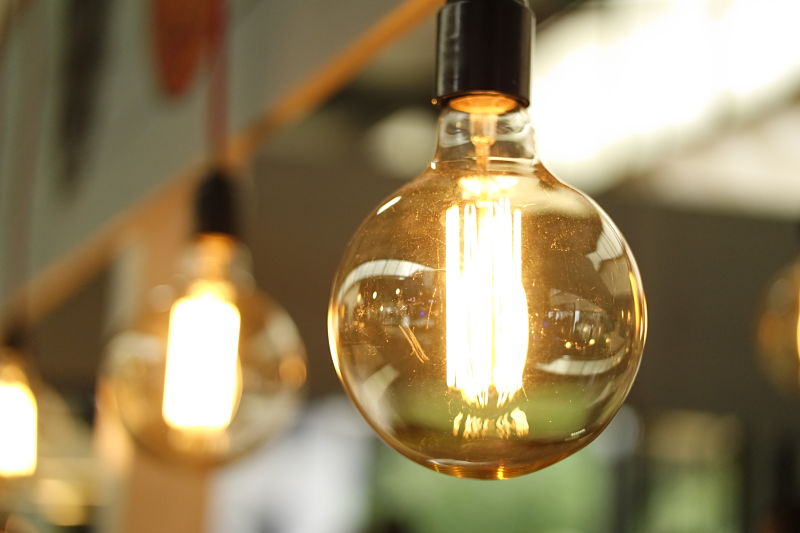
Energy price rises are one of the biggest challenges facing many households across the UK. According to Money Saving Expert, average energy costs increased by 5.3% in the 12 months to August 2017; the highest rise since February 2014.
If you’re considering home improvements, or you just want to conserve energy for financial or environmental reasons, there are lots of ways you can do this. Keep reading for five ways you can upgrade your home to save energy.
Install efficient windows and doors
When you come to upgrade your windows and doors, it can pay to install the most energy efficient ones that you can afford.
The Energy Saving Trust says that installing A+ rated double glazing in a single-glazed semi-detached house could save around £80 per year off your energy bill, as well as making your home quieter and warmer.
If you can’t afford to upgrade your windows and doors, there are still ways that you can conserve energy. Fitting draughtproof strips around the frame of your doors and windows you can stop the warmth escaping.
Brush strips work better for sash windows while brush or hinged-flap draught excluders are a good solution for the bottom of doors.
Fit a new boiler
Boilers have never been more efficient. So, if you’re considering refitting your kitchen or you want to bring your energy costs down, fitting a boiler can be an effective way of saving energy – although bear in mind that it might take several years for you to recoup the costs of the new boiler.
Consumer group Which? say that replacing an old G-rated gas boiler which has no controls with a new condensing model, including a programmer, could cut the gas bill of a typical home by up to £652 a year.
Buy more efficient lighting
If you want to conserve energy, fitting new light bulbs is one of the cheapest and easiest home upgrades you can make.
LEDs are more efficient than traditional light bulbs, and recent technological developments mean that they are now available in a range of colours, and they suit almost all light fittings.
Which? says that as an LED light bulb costs around £1.71 to run per year, it could cut up to £180 from your energy bills over its lifetime, compared with an old-style bulb. Energy-saving light bulbs also last longer than traditional ones – 25,000 hours compared with 1,000 hours for traditional bulbs.
Get the right insulation
Insulating your home will help to make it warmer and, in conjunction with good ventilation, it can alleviate many causes of damp and mould.
If your home has cavity walls, then it is often straightforward to have a layer of insulation blown into the cavity. British Gas say that this could save up to £160 per year.
Loft insulation is another straightforward way to save energy. The Energy Saving Trust say that a quarter of heat is lost through the roof in an uninsulated home and so fitting insulation – available from most DIY centres – can save energy and reduce your energy bills by up to £140 a year.
Invest in energy efficient appliances
When you come to upgrade your appliances, choosing more energy efficient models will help you to save energy.
Most white goods now have an energy efficiency rating and so choosing an appliance with an ‘A’ rating can conserve energy and reduce your bills.
British Gas say that buying an energy efficient fridge and freezer could make as much as £71 difference compared to an inefficient model. Washing machines, dishwashers, tumble dryers and electric ovens also come with energy efficiency ratings, helping you choose an efficient make and model.


